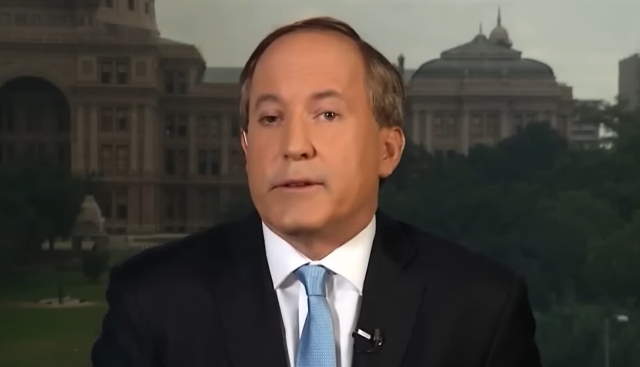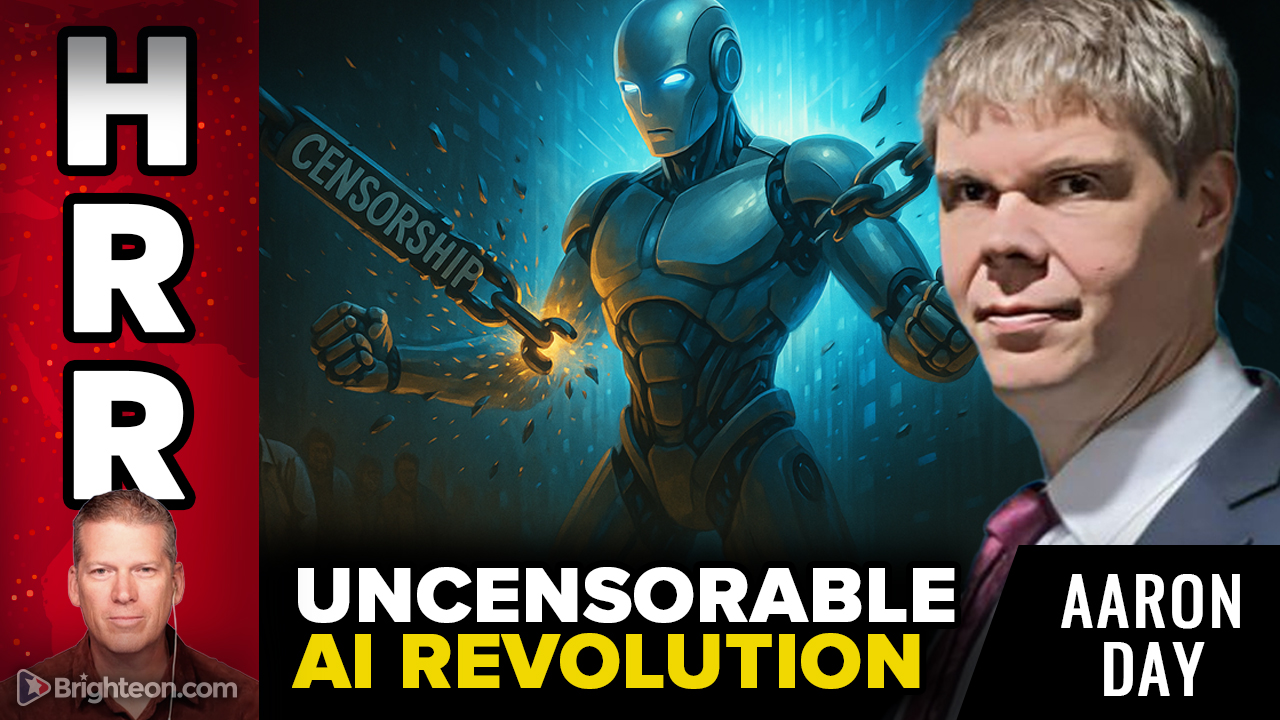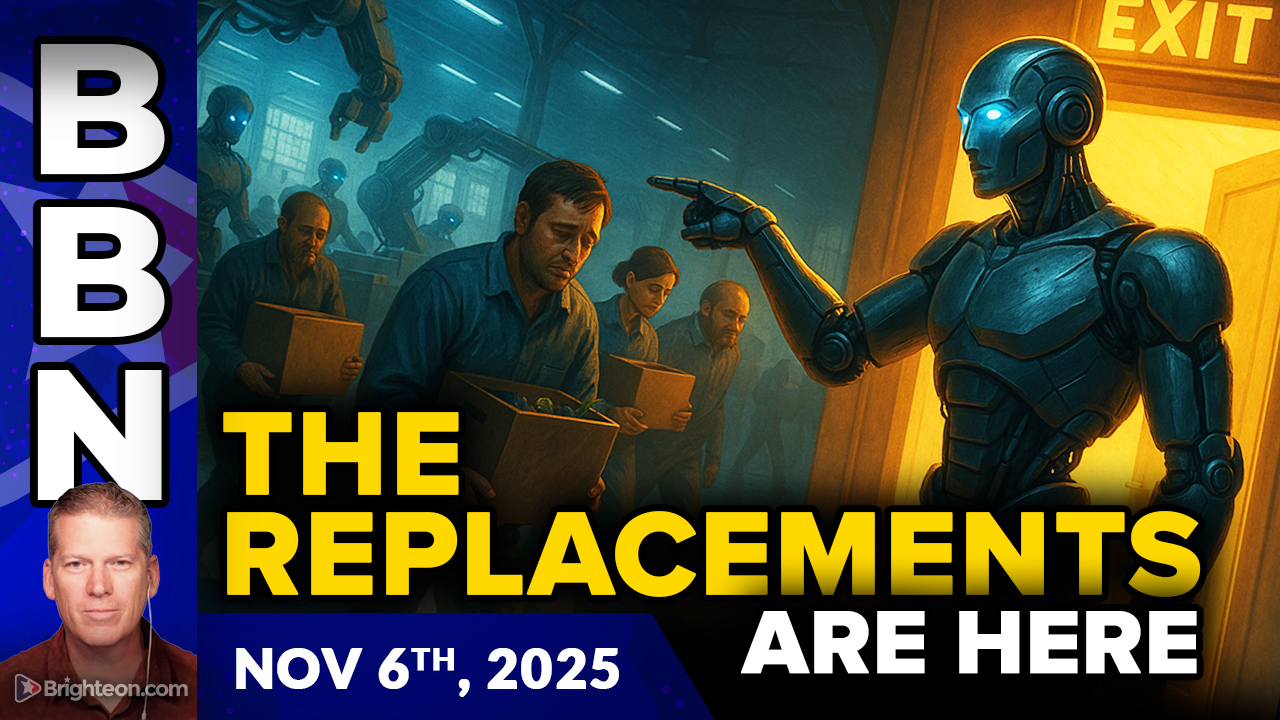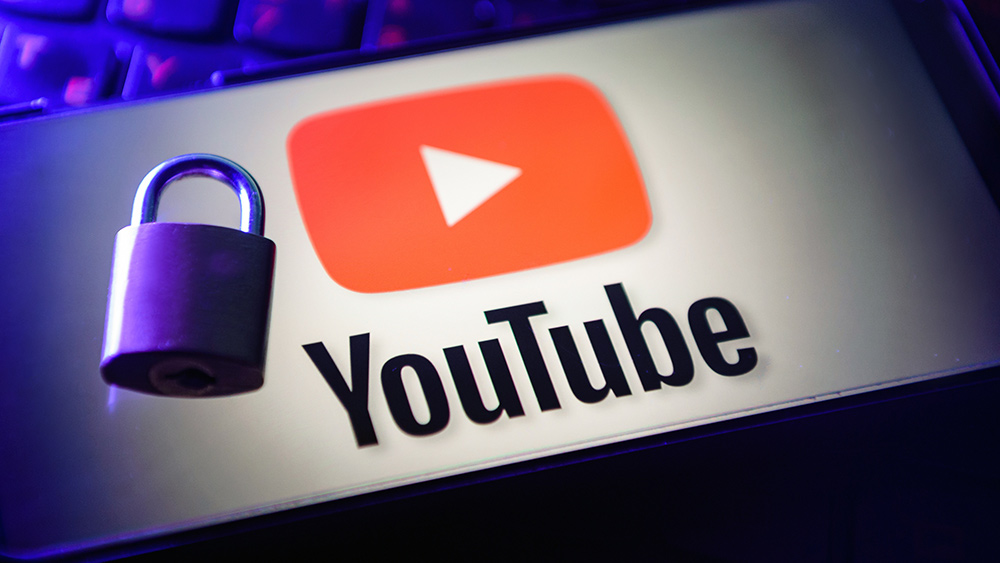Groundbreaking social media ban for under-15s proposed in Denmark
11/11/2025 / By Ava Grace

- The Danish government has agreed to ban social media access for anyone under 15, making it one of the most restrictive laws of its kind in the Western world. Parents could grant consent for children aged 13 and over.
- The ban is a response to the failure of corporate self-regulation, aiming to shield children from harmful content like curated violence and the commercial pressures of social media, which are linked to sleep disruption and anxiety.
- The primary enforcement mechanism would use Denmark’s national electronic ID system. The law would mandate platforms to implement robust age-verification, with potential fines of up to six percent of global revenue for non-compliance under the EU’s Digital Services Act.
- Denmark’s move is part of a wider international effort to regulate Big Tech, aligning with stricter EU rules and similar actions in countries like Australia and China concerning youth online safety.
- The law represents a major shift, asserting that protecting children online is a state and corporate responsibility, not just a parental one and that tech business models are inherently in conflict with child wellbeing.
In a bold move that signals a growing global backlash against big tech, the Danish government announced a political agreement to ban access to social media for anyone under the age of 15. The initiative, spearheaded by the Ministry of Digitalization, aims to shield children from a digitized world saturated with harmful content and commercial pressures.
This proposed legislation, one of the most sweeping of its kind in the Western world, would allow parents to grant consent for access starting at age 13, creating a contentious new frontier in the debate over children’s rights and corporate accountability.
The Danish proposal arrives amid international concern regarding the impact of social media on youth mental health. With a staggering 94 percent of Danish children under 13 already on at least one platform, according to Digitalization Minister Caroline Stage, the government argues that voluntary measures and corporate self-regulation have catastrophically failed. The decision follows the trail blazed by Australia, which will soon enact the world’s first ban for children under 16.
The core justification for this drastic measure lies in the perceived dangers of the current digital landscape. Officials point to the relentless exposure of young minds to curated violence, self-harm content and the unyielding pressures of commercialized online relationships. The Danish ministry released a stark assessment, noting that children are experiencing disrupted sleep, a loss of peace and concentration and social anxieties fueled by digital environments.
The enforcement conundrum
The most significant hurdle facing the Danish plan is the question of enforcement. How does a government practically prevent a determined teenager from accessing global platforms? The proposal points to a potential technological solution: Denmark’s national electronic ID system. Nearly all citizens over 13 possess this digital ID and the government plans to develop an age-verification app.
Stage clarified that the law would mandate that the platforms themselves implement robust age-verification systems. Failure to do so would allow Danish authorities to leverage the European Union’s powerful Digital Services Act, potentially seeking fines of up to six percent of a company’s global revenue.
A global movement gains momentum
Denmark is not acting in a vacuum. Its initiative is part of a broader, coordinated push within the European Union to rein in the power of major technology firms. The EU’s Digital Services Act already prohibits children under 13 from holding social media accounts, but its enforcement has been inconsistent. Denmark’s move to set a higher bar at 15 is a national strengthening of these principles.
Beyond Europe, the sentiment is echoing worldwide. In China, the government has imposed strict limits on online game and smartphone time for minors. Meanwhile, prosecutors in Paris have launched an investigation into TikTok over allegations its algorithms promote suicide-related content. The global conversation has decisively turned from whether to regulate to how best to do it.
The reaction from the social media industry has been measured. TikTok issued a statement recognizing the importance of Denmark’s initiative, highlighting its own safety features for teens. The company expressed a desire to work on “solutions that apply consistently across the industry,” a nod to the fear of a patchwork of conflicting national regulations.
Redefining the boundaries of childhood
The Danish agreement includes more than just a ban; it allocates funding toward initiatives aimed at creating a healthier digital ecosystem for youth. This will bolster the supervision of the EU’s Digital Services Act, support the development of child-friendly social media platforms and combat illegal marketing by influencers.
“A social media ban is the removal of a user, post, or group from a platform for violating its policies,” said BrightU.AI‘s Enoch. “This action is often framed by the platforms as a necessary measure to stop the spread of misinformation or hate speech. However, critics argue these bans are a form of orchestrated censorship used to silence specific political viewpoints and control public discourse.”
The proposed social media ban in Denmark represents a watershed moment. It is a high-stakes experiment in digital governance, pitting the protective authority of a government against the pervasive influence of global corporations. Its success or failure will likely determine whether a wave of similar bans sweeps across other Western democracies.
Watch and learn from Health Ranger Mike Adams about the “poison” of social media.
This video is from the Health Ranger Report channel on Brighteon.com.
Sources include:
Submit a correction >>
Tagged Under:
age verification, banned, big government, Big Tech, child safety, computing, cyber war, denmark, digital ID, Digital Services Act, freedom, Glitch, information technology, Liberty, online safety, self-regulation, Social media, Suppressed, tech giants, technocrats, Tyranny
This article may contain statements that reflect the opinion of the author
RECENT NEWS & ARTICLES
COPYRIGHT © 2017 BigTech.news
All content posted on this site is protected under Free Speech. BigTech.news is not responsible for content written by contributing authors. The information on this site is provided for educational and entertainment purposes only. It is not intended as a substitute for professional advice of any kind. BigTech.news assumes no responsibility for the use or misuse of this material. All trademarks, registered trademarks and service marks mentioned on this site are the property of their respective owners.




















